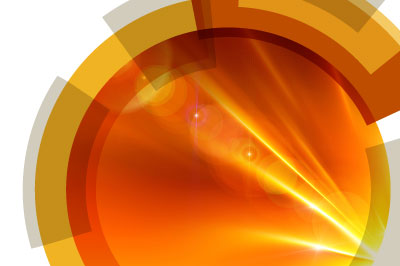This course has been approved by the Royal Society of Chemistry for purposes of Continuing Professional Development (CPD).
This course provides an introduction to mass spectral interpretation, providing all the fundamental tools and rules when examining high quality full-scan GC-MS data.
The course teaches how to obtain high quality mass spectra, simple techniques to recognise and elucidate spectra, how to observe fragmentation patterns and looks at how to use advance tools to interpret spectra.
Attendees will learn how to quickly recognise from the spectrum if the analyte is aliphatic or aromatic in nature, how to interpret the number of carbon atoms, heteroatoms and degree of unsaturation and understand isotopes, isomers, logical losses, cleavages and rearrangements to produce a mass spectral fingerprint of the compound.
This course combines the essential theory of the technique along with classroom-based exercises to apply the knowledge learned.
This course provides an introduction to mass spectral interpretation, providing all the fundamental tools and rules when examining high quality full-scan GC-MS data.
The course teaches how to obtain high quality mass spectra, simple techniques to recognise and elucidate spectra, how to observe fragmentation patterns and looks at how to use advance tools to interpret spectra.
Attendees will learn how to quickly recognise from the spectrum if the analyte is aliphatic or aromatic in nature, how to interpret the number of carbon atoms, heteroatoms and degree of unsaturation and understand isotopes, isomers, logical losses, cleavages and rearrangements to produce a mass spectral fingerprint of the compound.
This course combines the essential theory of the technique along with classroom-based exercises to apply the knowledge learned.










